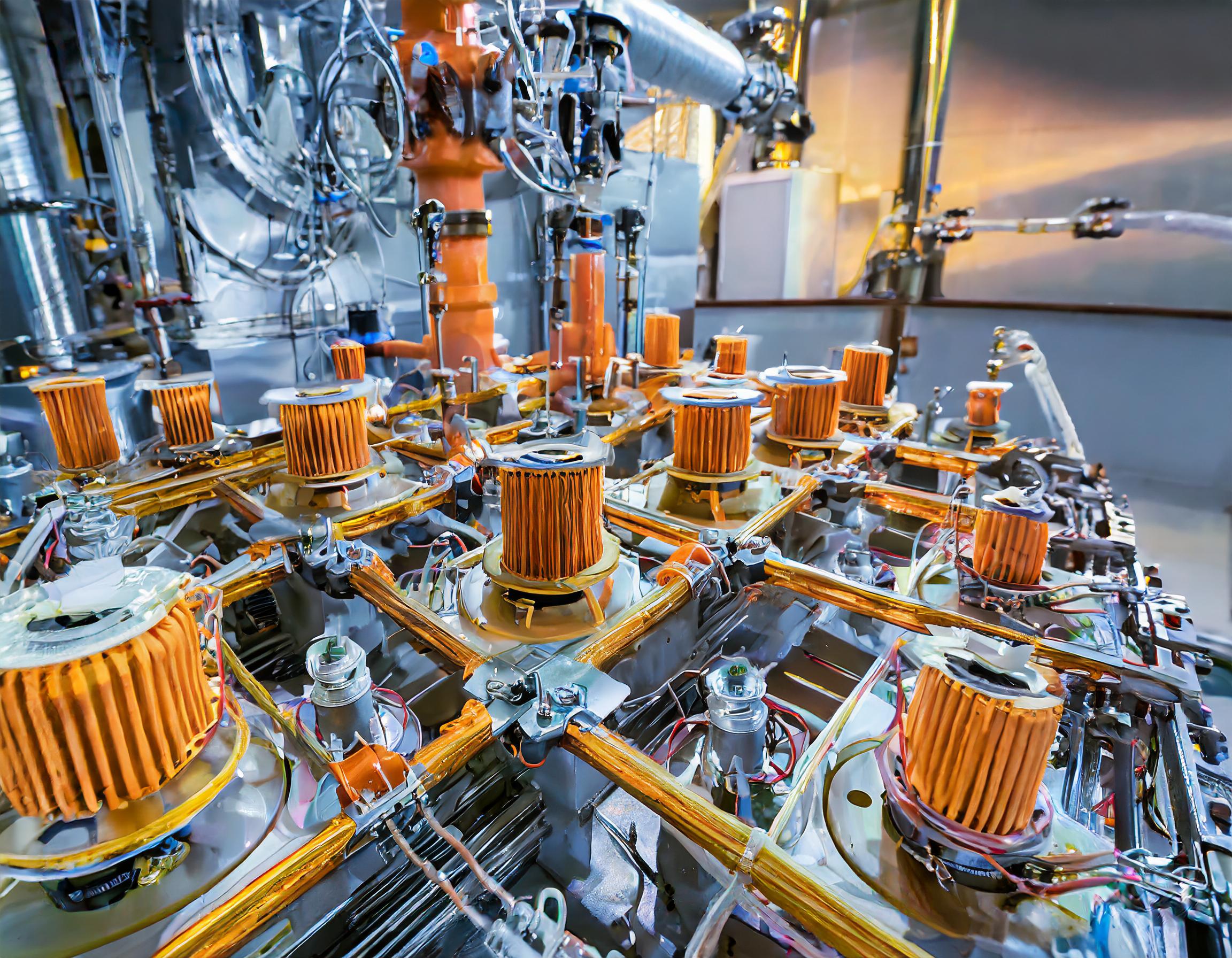Research in our group
Our goal is to establish a thermodynamic theory describing energy conversion and information processing in synthetic or biological systems operating far from equilibrium.
Thermodynamics of complex systems
Thermodynamics of complex systems
Thermodynamics is a two century-old theory used to study energy flows and energy conversion throughout natural sciences. The classical theory works remarkably well to describe bulky macroscopic systems made of many microscopic degrees of freedom which can be safely assumed to be close to equilibrium. With stochastic thermodynamics, tremendous progress has been achieved over the last two decades to formulate a thermodynamics describing small fluctuating systems (e.g. colloidal particles, molecular motors, quantum dots) made of few far-from-equilibrium microscopic degrees of freedom undergoing a stochastic dynamics. All the other degrees of freedom not described by the dynamics must be at equilibrium to ensure this theory works. However, many complex systems — such as living systems, ecosystems, power grids, information and telecommunication networks — are made of large numbers of far-from-equilibrium degrees of freedom which interact and span multiple scales. They are typically described by noisy nonlinear dynamics which only capture a small fraction of them. How to formulate a thermodynamics of complex systems remains therefore largely unknown and is one of our main goal.
